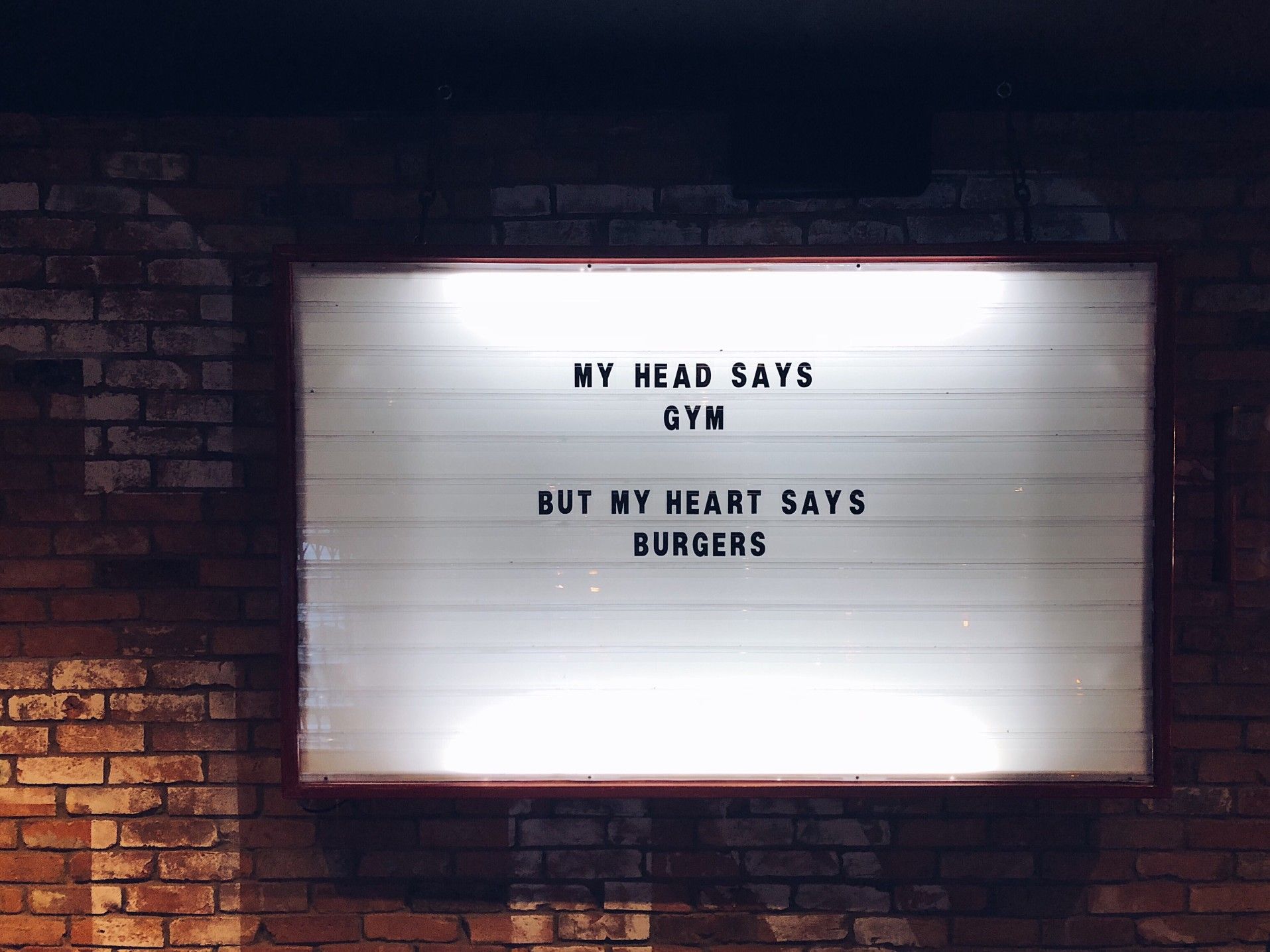Why "Going on a Diet" is a Mindset for Failure
Goals reflect how you think about problems and how you think about yourself. If your goal is something along the lines of "I'll diet so that I can be thin", the implication of that goal implies that you start dieting, reach your goal, and then you stop dieting. We all know what happens after that.

In a previous post, we summarized the seven principles needed for true success with any weight loss program and how our app, Willpwr+ EE helps you reach those goals. The first principle we listed was to "Redefine your goal, focusing on a permanent way of healthy eating and exercising, not on a temporary way of dropping weight. In this post, we're taking a closer look at that first principle to see what that means and why it is critically important.
Goals reflect how you think about problems and how you think about yourself. If your goal is something along the lines of "I'll diet so that I can be thin", the implication of that goal implies that you start dieting, reach your goal, and then you stop dieting. We all know what happens after that.
So, we don't like stating goals like that, even though this is the universal way folks try to handle being overweight. But does it hurt anything to frame a goal that way? Let's see. To attain that goal, a person seeks out a diet plan or simply decides to eat much less food each day. That person probably gets on the scale daily, hoping to see a rapid weight decrease. After all, how frequently are we bombarded with ads like "Drink my secret formula and magically lose 10 pounds in a week!"? In the first few days, there probably is some very early weight loss. However, as time passes, the pounds come off slower, hunger increases, mood issues such as irritability increase, and energy levels decrease. A few weeks into the diet, feelings of guilt and self-blame appear because there are more and more slips, and feelings of resentment grow for having to go on the #$%@ diet in the first place. That's perfectly normal because nobody has shown that person how to deal with the challenges of dieting or how to manage temptations. There's no coaching regarding emotional triggers, self-defeating thoughts, etc., etc. Not long afterward, that dieter can't wait until s/he can go off the diet, or s/he throws in the towel before the weight goal is achieved with feelings of defeat, if not downright hopelessness. Or, just as likely, the weight goal is eventually met only to have all those pounds return a few months later. So is that, more or less, a fair description of what it's like to be on a diet?
We think shifting the goal to "I am going to retrain myself to be a healthy eater" is a vastly better way to go. It's too broad, of course, by not enumerating the several steps it takes, including learning about emotional triggers, etc., but it points in the right direction. It has the critical features of implying that good health is not something you abandon after achieving it and secondly, that it happens with retraining, not by magic potions. Thinking in terms of a health goal has the additional advantage of taking the focus off precisely how much you weigh. In fact, it acts as a buffer against frustration and self-blame when you hit weight plateaus or occasional slips. If you are a healthy eater, you strive to eat the right foods in the right amounts and at the right times. You aren't perfect, but you are learning. You don't deprive yourself, you don't obsess about your precise weight, you simply learn to make new and better choices about food. Your body makes the final decision through its complex physiology about its ideal weight provided that you are treating it in a truly healthy manner. Trust your body to work out the details!
As a bonus, a health goal makes it much more likely that you'll begin to seek out enjoyable exercise routines, that you'll start learning how to reduce stress levels, and that you'll improve your sleep habits to meet those health goals. Instead of feelings of resentment or added pressures, you'll simply feel better physically and emotionally. Collectively, all those changes result in much healthier body weight and a much-improved sense of well-being.
Note, however, that a healthy eating and exercise program results in weight coming off somewhat more slowly than a traditional dieting regime. That's good. Losing weight slowly increases your chances dramatically of adjusting to your new routine and makes it more likely that unwanted weight won't return. Your mood and outlook will be more positive almost from the outset, and your sense of self-esteem will improve each day. Framing your goal correctly makes all the difference. See our Willpwr+ EE app for precisely this help and much more.

